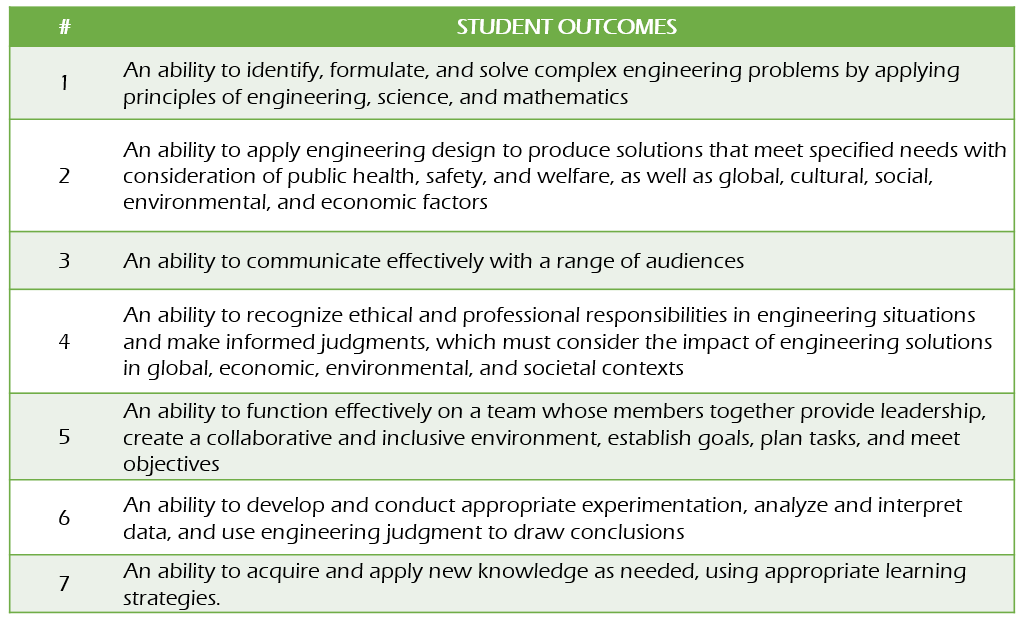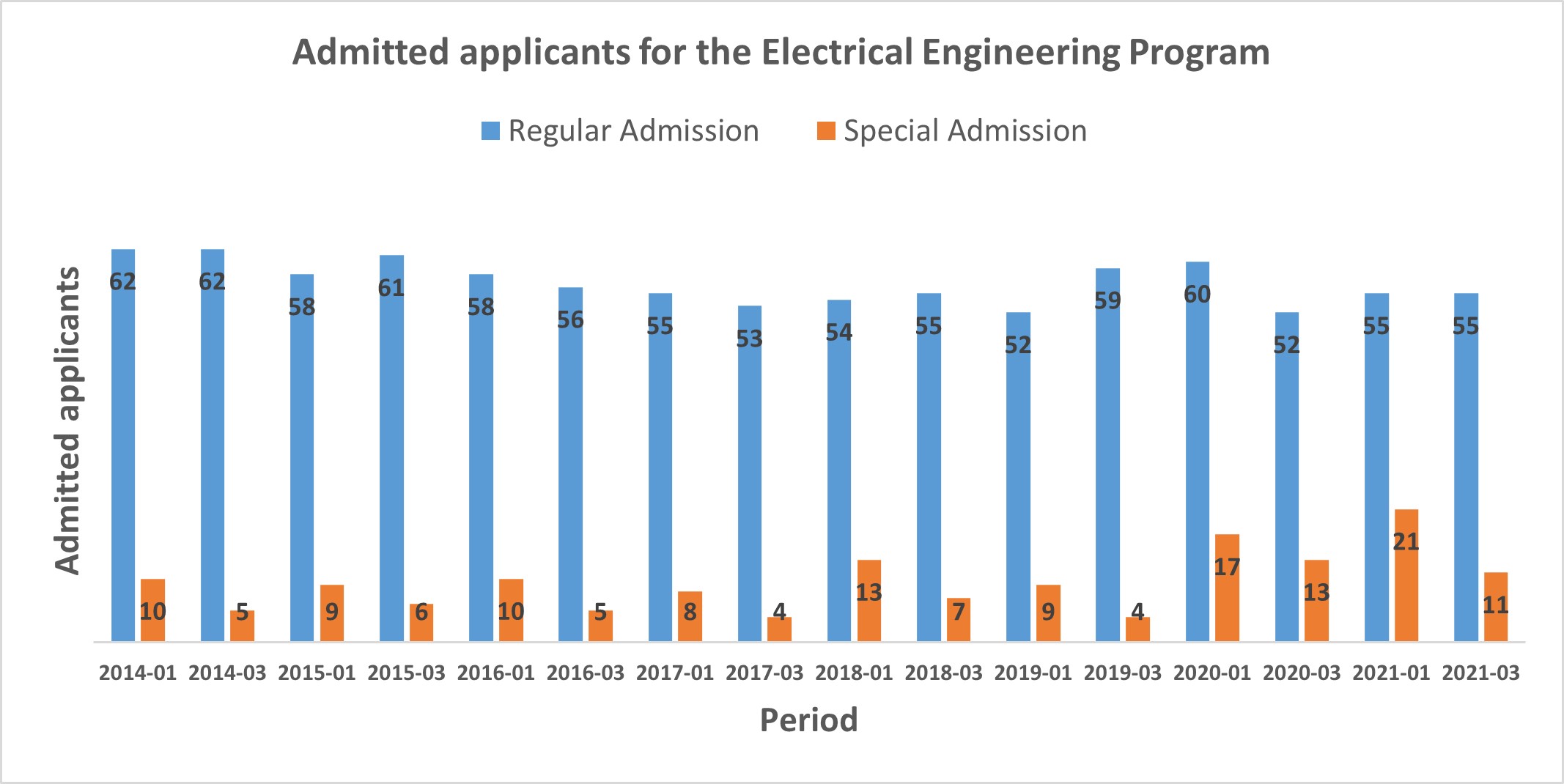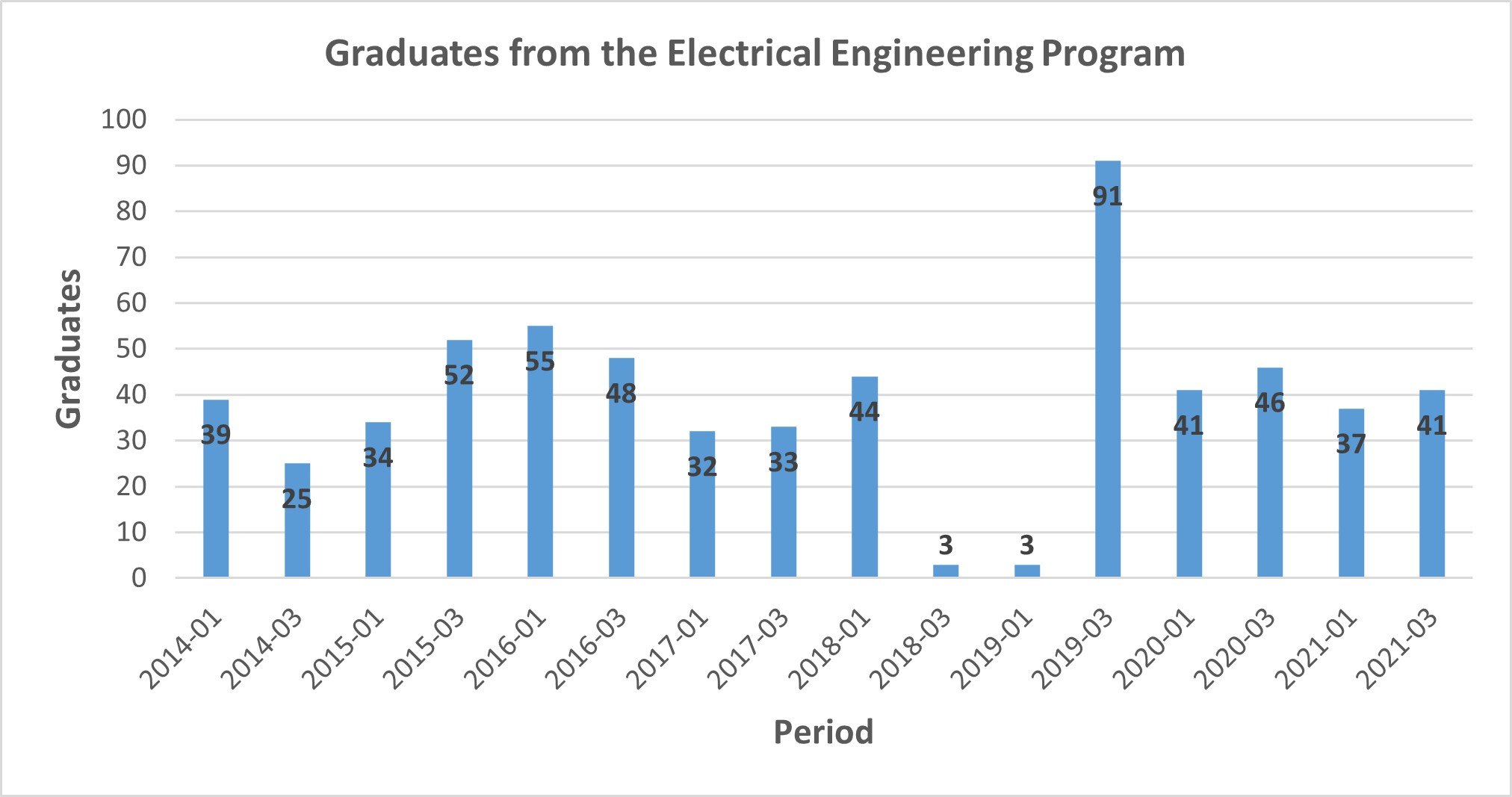ELECTRICAL ENGINEERING
The curricular program of Electrical Engineering at the Bogota campus is an undergraduate program of the Faculty of Engineering of the Universidad Nacional de Colombia, with a total duration of ten (10) semesters in daytime, which confers the title of Electrician Engineer.
The curricular program of Electrical Engineering at the Universidad Nacional de Colombia has obtained on several occasions the best results in tests aimed at assessing the quality of education, such as the SaberPro, at the institutional and individual level. It has a curriculum that promotes comprehensive education and autonomy. Their graduates perform successfully in various fields: the electrical sector, the industrial sector, consulting, planning, research, etc. All these are evidences of the high quality of the Electrical Engineering program and the institutional strength of the University.
GENERAL INFORMATOIN
- Educational level: Professional - Undergraduate
- Name of the curricular program: Electric Engineering
- Title granted: Electrician Engineering
- Year of creation: 1961
- SNIES Code: 27
- SIA Code: 2544
- Total credits: 167
- Estimated duration: 10
- Methodology: On-Campus
- Journey: Daytime
- Curricular Area: Electric and Electronic Engineering
- Faculty: Engineering
- Campus: Bogotá
PROFILES
Applicants Profile
The applicants to the program have complete average education in the Colombian educational system, with skills and curiosity about basic sciences. Preferably, with aptitude to work in team, use of computer tools, autonomous learning and with skills for the analysis and comprehension of texts.
Graduate Profile
The Electrician Engineer of the Universidad Nacional de Colombia is a professional with a solid technical background to conceive, design, implement and operate electric power systems and has developed personal and interpersonal skills that allow them to lead or participate in projects that aim to solve problems at the local, national or global level with a high sense of social responsibility and ability to update their knowledge.
Based on the achievement of the educational goals set for the Electrical Engineering program of the University, the graduate can act with competence in all fields related to electrical systems where it is necessary to carry out functions of design, planning, manufacturing, construction, installation, auditing, consulting, operation, maintenance, control, automation, administration, management, research or teaching, among others. In particular, power and electrical systems mainly include the generation, transformation, transmission, distribution and commercialization of electrical energy and alternative sources of energy.
OBJECTIVES
Program educational objectives
- Will apply science, technology and management knowledge in conceiving, design and implementing solutions to Electrical Engineering problems considering social and environmental sustainability criteria.
- Will contribute to comprehensive solutions to engineering problems in virtue of leadership and effective communication with multidisciplinary teams.
- Will apply long-term learning skills in defiance of social, economical and technological challenges recognizing the ethical responsibilities involved in their profesional practice.
CURRICULUM
FOUNDATION COMPONENT
Group
Required Credits
Free-choice Credits
Mathematics, Probability and Statistics
24
3
Materials Science
3
0
Physics
15
0
Economic and Administrative Sciences
3
6
Computing
3
0
Engineering Tools
3
3
Total
51
12
Total Foundation
63
DISCIPLINAR/PROFESSIONAL
Group
Required Credits
Free-choice Credits
Circuits and fields
11
0
Signals, systems and control
10
0
Electrical Engineering
6
2
Electronics
8
0
Power Systems
9
3
Professional context, innovation and research
19
3
Total
63
8
Total Professional
71
FREE-CHOICE COMPONENT
Thirty-three (33) credits required, which correspond to 20% of the total credits of the curriculum.RESEARCH
The Department of Electrical and Electronic Engineering has the following research groups:
- Research Program on Acquisition and Signal Analysis - PAAS-UN
- Research Group on Electromagnetic Compatibility - EMC-UN
- Research Group on High-Frequency Electronics and Telecommunications - CMUN
- Research Group on the Colombian energy sector - GRISEC
- Electrical Machines & Drives - EM&D
In particular, these groups have contributed significantly to the development of Electrical Engineering in the country through:
- The publication and socialization of its scientific results in research journals and academic events of national and international nature.
- Cooperative work with research networks, national and international universities, public and private entities.
- The education of professionals of the highest level who today stand out in the academic, research and business fields.






